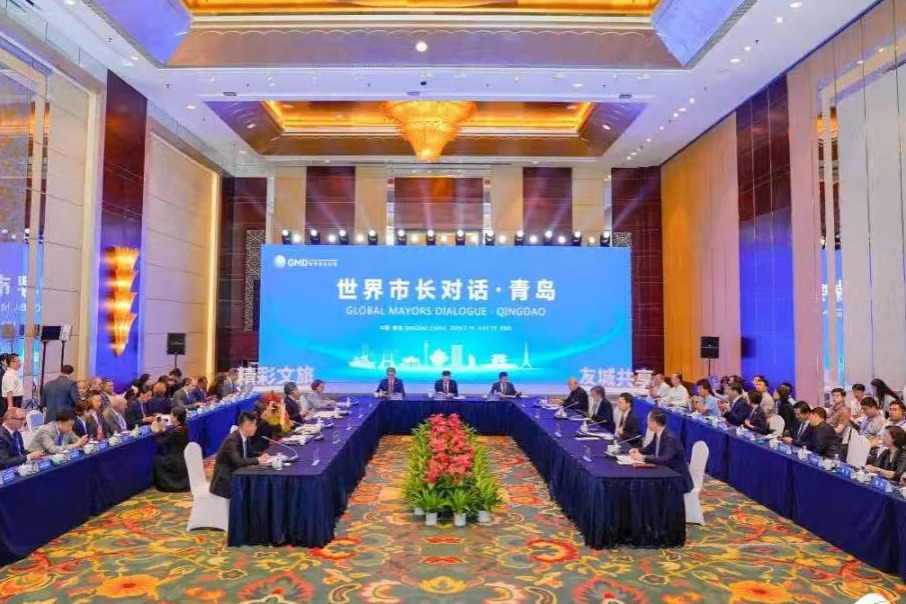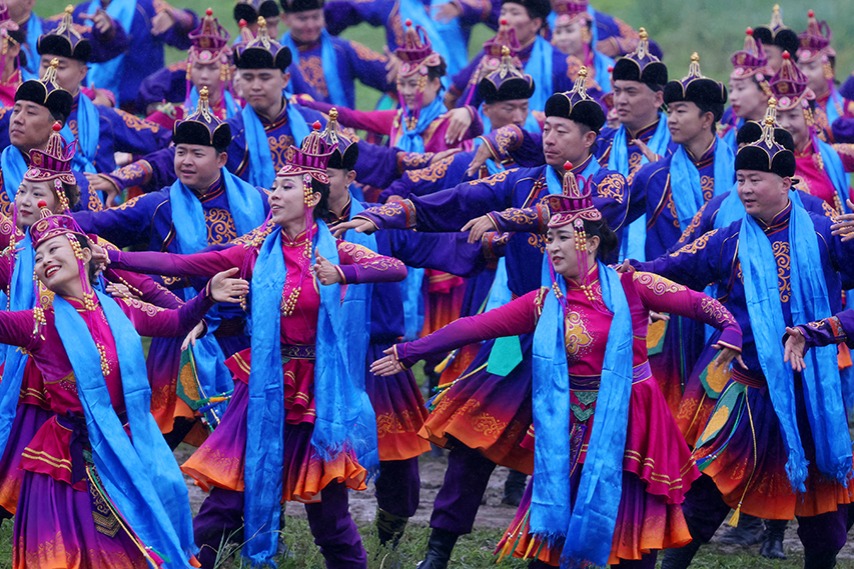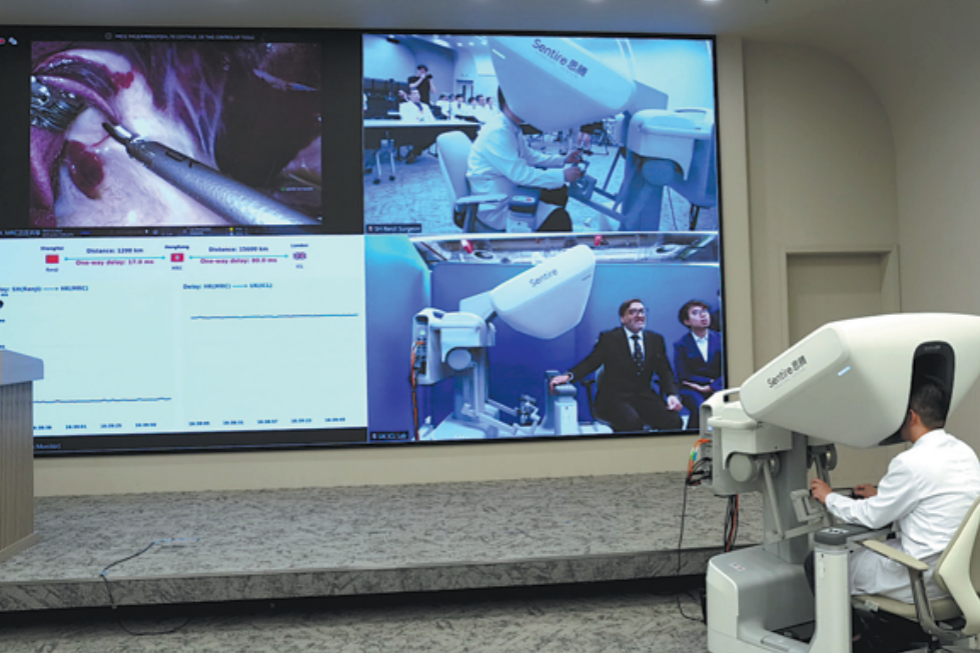Understanding the power of knowledge

Collaborative research has been the focal point of China-Africa academic exchanges
African research think tanks and training institutions, along with their Chinese counterparts, have played a pioneering role in fostering the growing China-Africa research networks and academic exchange programs. Though bilateral cooperation has been the focal point of most of the exchanges, there has also been a considerable effort from both sides to share and disseminate objective knowledge about China and Africa.
Collaborative research between African and Chinese academics and research institutions is not a new phenomenon. The genesis for such exchanges began with the Beijing Declaration of 2000 during the Forum on China-Africa Cooperation. The Declaration purported that, the FOCAC would strive to promote further China-Africa cooperation in economic, trade, financial, agricultural, medical care and public health, scientific and technological, cultural, educational, human resources development, transportation, environmental, tourism and other areas.
The Beijing Conference of March 2010, organized by the Institute of West Asian and African Studies under the Chinese Academy of Social Sciences, launched the Joint China-Africa Research Cooperation and Academic Exchange Programme as part of the Beijing Declaration.
The research cooperation and academic exchange program has helped Chinese and African researchers conduct joint research activities as well as create a systematic academic exchange program for Africans to study in China. From an African perspective, these networks and exchange programs are important knowledge platforms for engaging and assessing the impact of China's development cooperation trajectories on African economies and societies.
For the Chinese academics and researchers, these networks and exchange programs are important institutional frameworks for exploring how Africans perceive, elucidate and project China-Africa relations instead of depending on Western dominated perspectives.
The networks and academic exchange programs are also important vehicles for expanding Chinese and African mutual understanding and for exchange of views and ideas about present and future developments.
From an African perspective, the current China-Africa research cooperation and exchange programs can be divided into three categories:
Africa-originated research and academic networks and programs established under the auspices of well-established African research and education think tanks such as the Council for the Development of Social Science in Africa. The Centre for Chinese Studies at the Stellenbosch University in South Africa is the first and probably the best known China-Africa research and training initiative.
Chinese research institutions working in tandem with African research networks and academic programs, including academic degree training. These Chinese university-based African study centers and institutions have made laudable contributions in furthering African research and helped academics at the FOCAC and the Chinese Academy of Social Sciences, and also the Centre for West Asian and African Studies.
Western research centers and networks focusing on strategic area studies. These are largely funded through universities (Oxford and London universities), international development aid and foreign policy agencies, transnational philanthropy or activists.
Evidently, China-Africa academic exchange programs have progressed at a faster pace than research activities, with thousands of Africans already benefiting from scholarships offered by the Chinese government. In 2011, the number of African students studying in China reached more than 20,700, a 7.09 percent increase over the 2010 numbers.
In a study conducted in 2011, on the distribution of publications on China-Africa relations according to continent of origin of author or institution, it was found that 5-7 percent of the publications on China-Africa relations originated in Africa. This means that although the Western monopoly over the production of development ideas and discourses has somewhat receded, it still produces more accessible knowledge (using English and French) than Africa.
There is no doubt that China's demand for African commodities has played a key role in maintaining the growth uptrend in Africa. At the same time, a large chunk of the knowledge, ideas, perceptions and facts about Africa are still produced and reproduced outside the continent. This makes it difficult for African policymakers and the business community to access relevant knowledge that can assist them to better understand China-Africa relations from an African perspective, or in other words an engagement that responds to African reality.
The relatively small number of publications on China-Africa cooperation can be tackled through more cooperation between Chinese and African researchers so that they are able to offer better understanding and assessment of the challenges facing these relations. Offering better knowledge about China-Africa cooperation can be realized only by conducting scientific research on the myriad development projects implemented by Chinese and African government and the private sector.
Without informed knowledge about China-Africa relations, the public and policymakers may not be able to offer an objective view on the social and economic transformation that is taking place in Africa as a result of Chinese development cooperation.
These studies will be important for alerting Chinese and African policymakers to the problems and challenges that may constrain the success of these pivotal joint development ventures.
The author is chair of Politics of Development and deputy rector for Research Affairs at the International Institute of Social Studies, Erasmus University, Rotterdam, The Netherlands. The views do not necessarily reflect those of China Daily.
(China Daily 05/10/2013 page7)
Today's Top News
- Premier stresses high-quality implementation of major national projects
- Syrian interim govt begins phased implementation of ceasefire in Sweida
- Mayors from around the world gather in Qingdao for dialogue
- Premier announces construction of Yarlung Zangbo hydropower project
- Digital countryside fueling reverse urbanization
- 'Sky Eye' helps unlock mysteries of the universe































